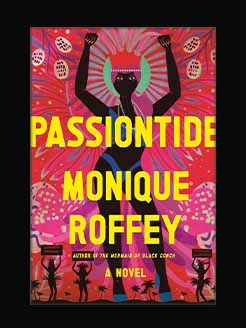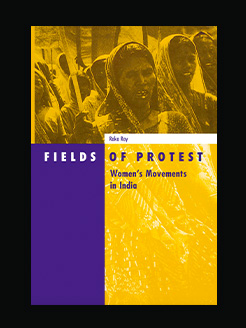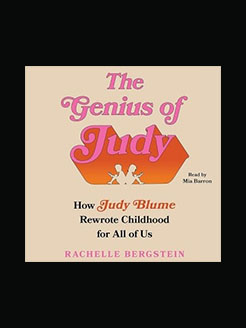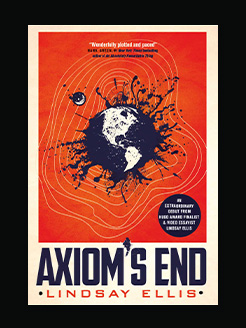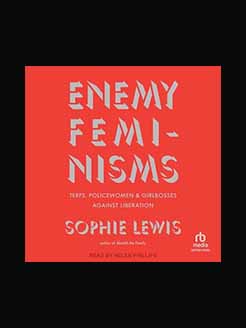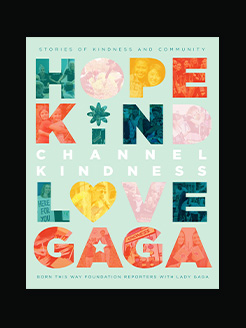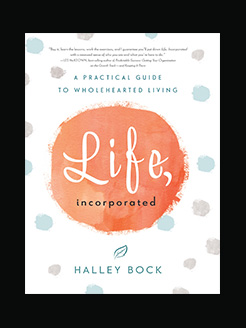Published in 2023
226 pages
Geneviève Makaping is an adjunct professor in French language and culture at the University of Mantova in Italy, and has taught English at the high school level since 2013. Makaping was born in Cameroon and has lived in Italy since 1982.
Simone Brioni is an associate professor in the Department of English at Stony Brook University in New York. He is the author of The Somali Within: Language, Race and Belonging in Minor Italian Literature and editor of Shirin Ramzanali Fazel’s Islam and Me: Narrating a Diaspora (Rutgers University Press).
Victoria Offredi Poletto (Senior Lecturer Emerita) and Giovanna Bellesia Contuzzi (Professor and Chair) have taught and collaborated together in the Department of Italian Studies at Smith College since 1990. They are committed to bringing the voices of migrant and second-generation women writers to the English-speaking world. Their many translations include Adrian Bravi’s My Language is a Jealous Lover, Gabriella Ghermandi’s Queen of Flowers and Pearls, and Cristina Ali Farah’s Little Mother.
Caterina Romeo is an associate professor of literary criticism and comparative literature at the Sapienza University of Rome, Italy. She is the author of Riscrivere la nazione. La letteratura italiana postcoloniale [Rewrite the Nation: Postcolonial Italian Literature.
What is this book about?
Tired of being scrutinized, criticized, and fetishized for her black skin, Cameroon-born scholar Geneviève Makaping turns the tables on Italy’s white majority, regarding them through the same unsparing gaze to which minorities have traditionally been subjected. As she candidly recounts her experiences—first across Africa and then as a migrant Black woman in Italy—Makaping describes acts of racist aggression that are wearying and degrading to encounter on a daily basis. She also offers her perspective on how various forms of inequality based on race, color, gender, and class feed off each other. Reversing the Gaze invites readers to confront the question of racism through the retelling of everyday occurrences that we might have experienced as victims, perpetrators, or witnesses.
